ProSoft PLX31-EIP-SIE EtherNet/IP to Siemens Industrial Ethernet Gateway
Technical Specifications
- Supported Protocols: EtherNet/IP and various other protocols (specifics depend on configuration)
- Network Interfaces:
- Multiple Ethernet ports supporting 10/100 Mbps speeds for connection to EtherNet/IP networks
- Additional serial or Ethernet ports for connecting to other network types
- Data Transfer Rate: Supports up to 10/100 Mbps Ethernet speeds
- Operating Voltage: Typically operates on 24V DC power supply
- Power Consumption: Low power consumption suitable for energy-efficient operations
- Operating Temperature: Designed for use in industrial environments, usually from -25°C to +70°C
- Humidity Range: Operates effectively in relative humidity levels from 5% to 95%, non-condensing
- Dimensions: Compact design suitable for installation in control cabinets
- Certifications: Complies with relevant industry standards such as CE, UL, and others applicable to industrial networking equipment
Detailed content
Functional Features
- Protocol Conversion: Facilitates communication between EtherNet/IP networks and devices using other protocols, enabling interoperability
- Easy Configuration: User-friendly software tools for setup and maintenance, minimizing downtime during installation
- Robust Design: Engineered to withstand harsh industrial conditions, ensuring reliable operation
- Real-Time Performance: Supports real-time data exchange necessary for critical applications
- Diagnostic Capabilities: Built-in diagnostics help monitor the health of the network and troubleshoot issues quickly
- Modular Flexibility: Can be easily integrated into existing systems or expanded as needed
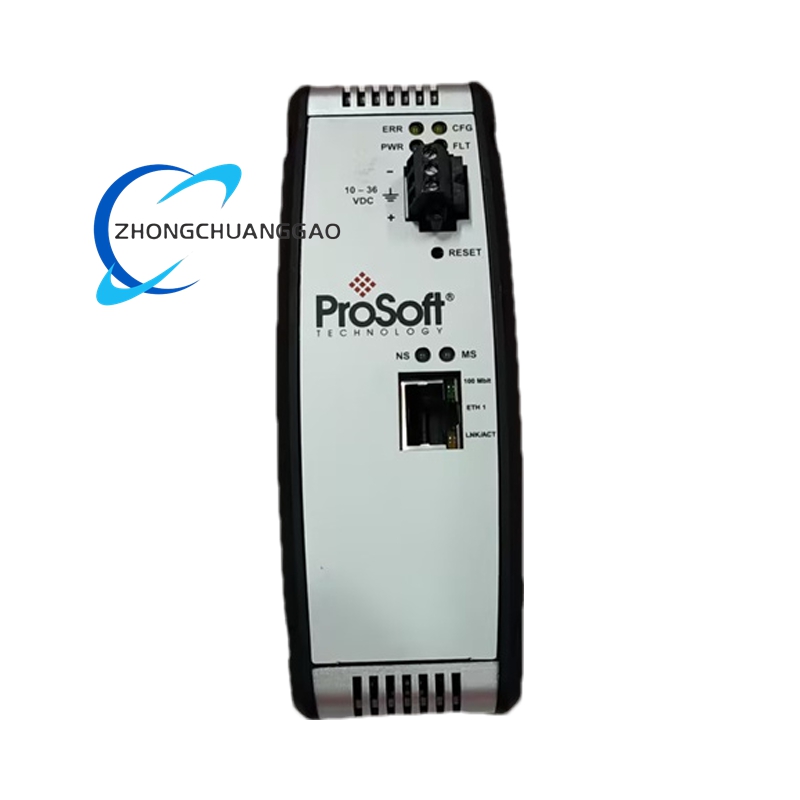
Application Scenarios
- Manufacturing Automation: Enables communication between various machines and controllers from different manufacturers, improving overall system efficiency
- Process Control: Used in industries like oil & gas, water/wastewater management, where integration of different protocol-based systems is required
- Packaging Machinery: Facilitates coordination between packaging machinery components that use different communication protocols
- Automotive Industry: Supports the integration of robotic arms and other automated machinery from different suppliers, enhancing production line flexibility
- Building Automation: Connects HVAC systems, lighting controls, and security systems that utilize different protocols, providing centralized monitoring and control

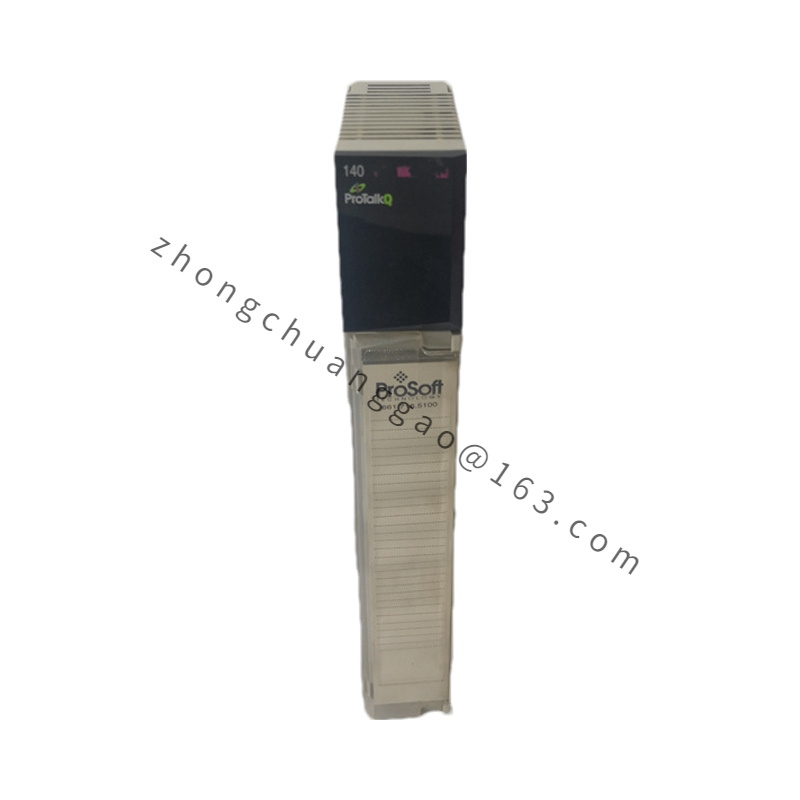
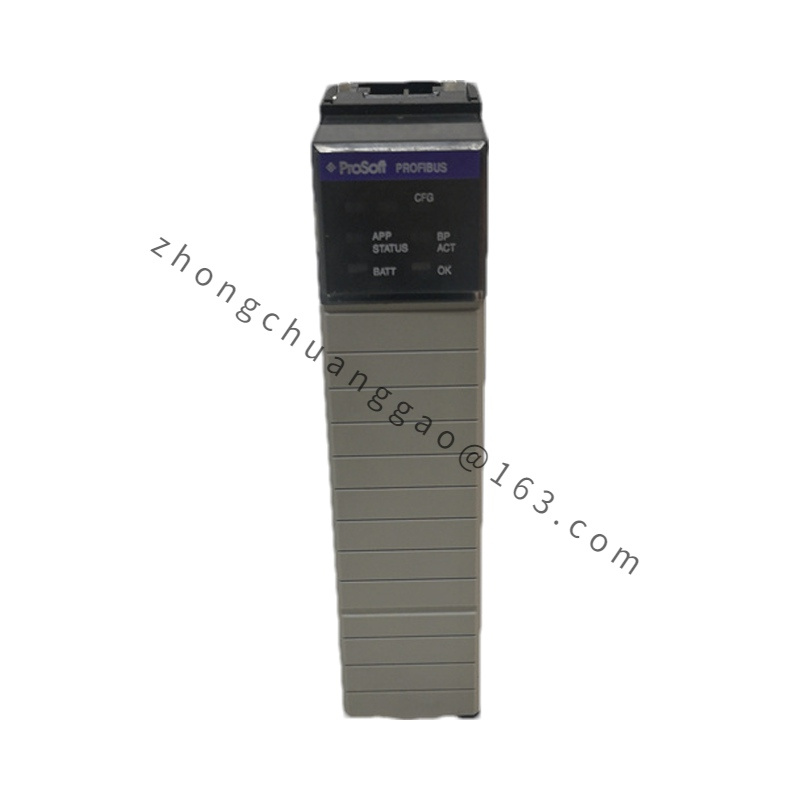
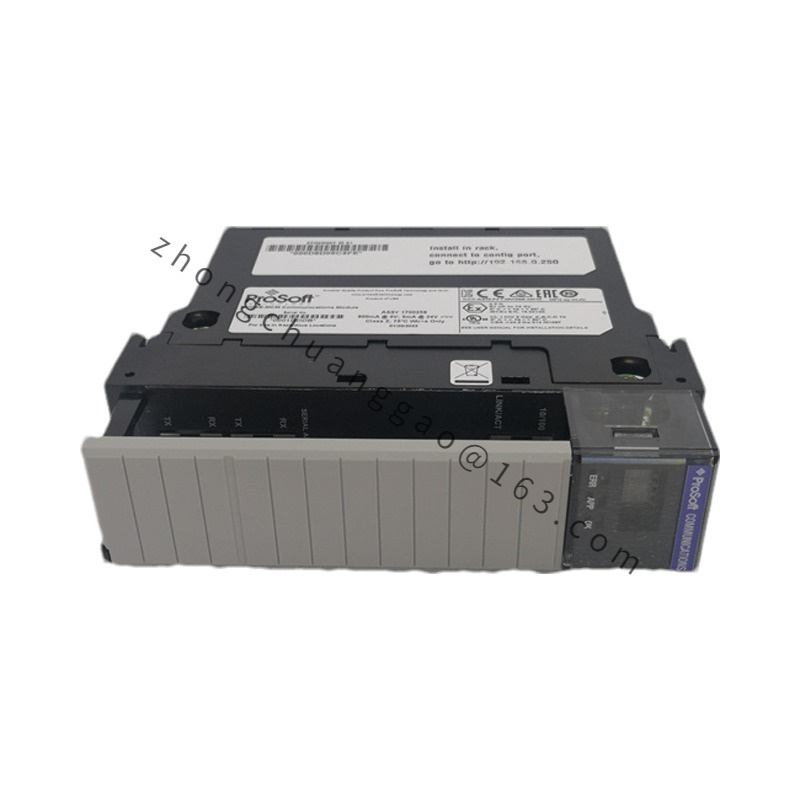
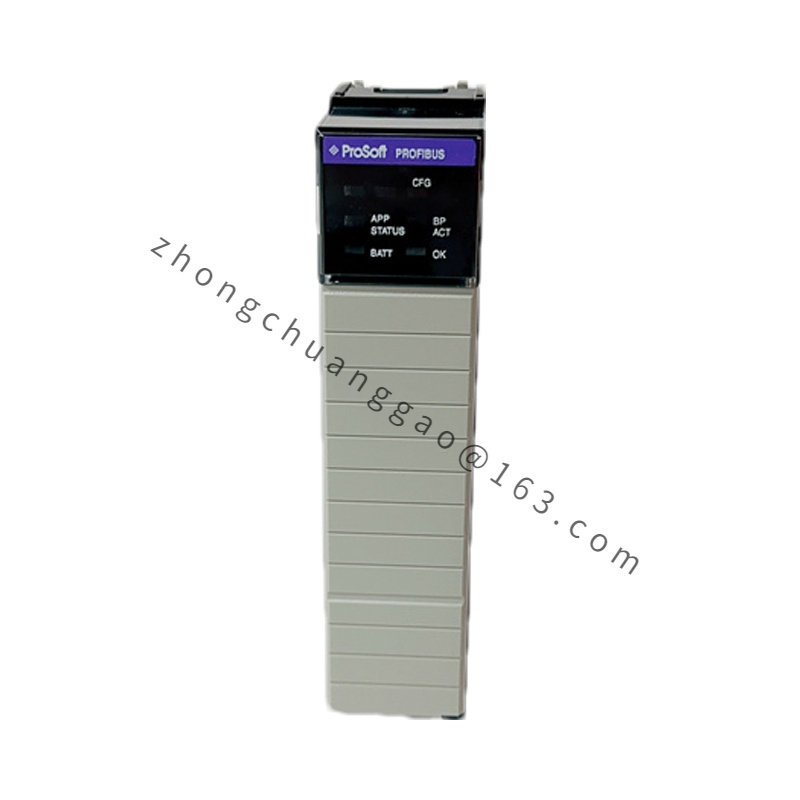
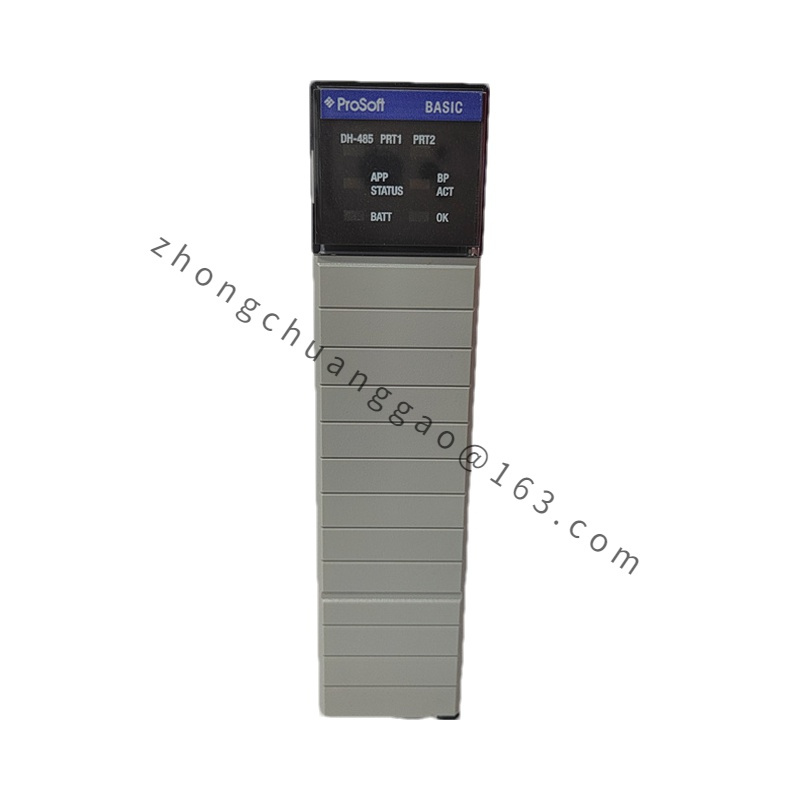
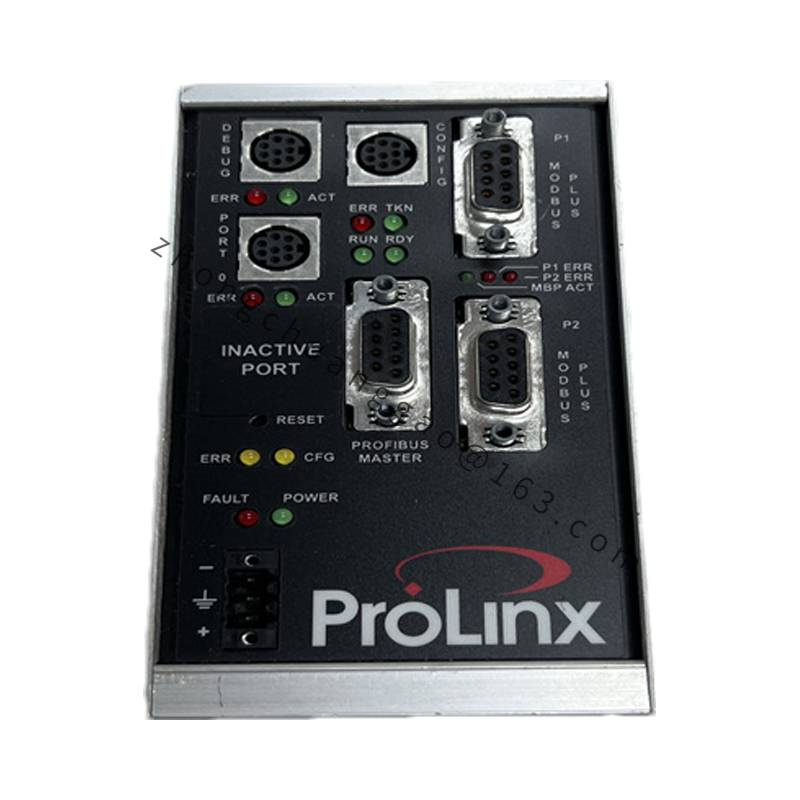
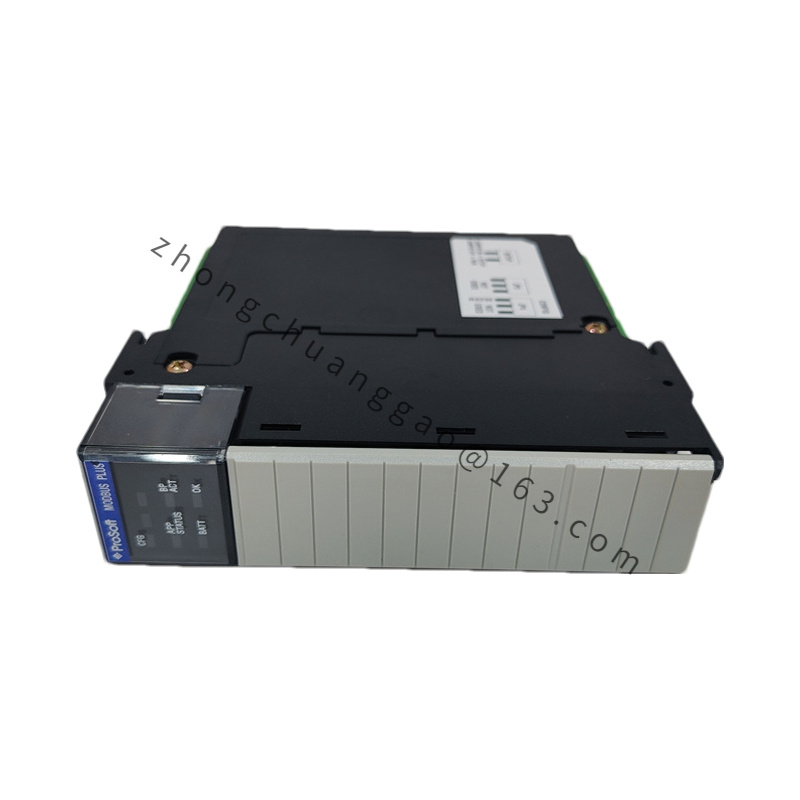

.jpg)